Propaganda: The Good, The Bad And The Ugly, The Pursuit of Knowledge, The Leap into History – IELTS Reading Answers
7 min read
Updated On
-
Copy link
Take up the IELTS Reading Practice Test with topics like 'Propaganda: The Good, The Bad And The Ugly' and 'The Pursuit of Knowledge'. Improve your skills and boost your IELTS reading band score with detailed answer explanations.
Table of Contents
- Question Types for the Reading Passages
- Reading Passages with Questions - Propaganda: The Good, The Bad And The Ugly, The Pursuit Of Knowledge, The Leap into History
- Reading Passage 1
- Reading Passage 2
- Reading Passage 3
- Answers with Location and Explanation for Propaganda: The Good, The Bad And The Ugly, The Pursuit Of Knowledge, The Leap into History – IELTS Reading Answers

Limited-Time Offer : Access a FREE 10-Day IELTS Study Plan!
With the IELTS test date fast approaching, you might be wondering how to make the most of your remaining time. This blog is your go-to resource for last-minute IELTS Reading preparation. We have compiled a selection of short passages - ‘Propaganda: The Good, The Bad And The Ugly’, ‘The Pursuit of Knowledge’, ‘The Leap into History’ - to help you maximize your score even if you only have a few days left. Whether it’s refining your skimming skills or learning how to avoid common traps, this quick guide is designed to deliver fast, focused results for the IELTS Reading module.
Question Types for the Reading Passages
The IELTS Academic Reading passages, Propaganda: The Good, The Bad And The Ugly, The Pursuit Of Knowledge, The Leap into History, consist of 40 questions in total, which showcase different IELTS Reading question types. Let’s have a look at the IELTS Reading question types with examples.
Propaganda: The Good, The Bad And The Ugly
- IELTS Reading Summary Completion (Q. 1-10)
- IELTS Reading Multiple-Choice Questions (Q. 11-14)
The Pursuit Of Knowledge
- IELTS Reading Sentence Completion (Q. 15-21)
- IELTS Reading Short Answer Type Question (Q. 22-25)
- IELTS Reading Yes/No/Not Given (Q. 26-28)
The Leap into History
- IELTS Reading Matching Features (Q. 29-33)
- IELTS Reading Yes/No/Not Given (Q. 34-37)
- IELTS Reading Multiple-Choice Questions (Q. 38-40)
Have you got hold of the best IELTS Reading Academic Test Guide yet?
Get this updated, comprehensive guide and ace your IELTS Reading exam!
Reading Passages with Questions - Propaganda: The Good, The Bad And The Ugly, The Pursuit Of Knowledge, The Leap into History
Reading Passage 1
Propaganda – The Good, The Bad and The Ugly
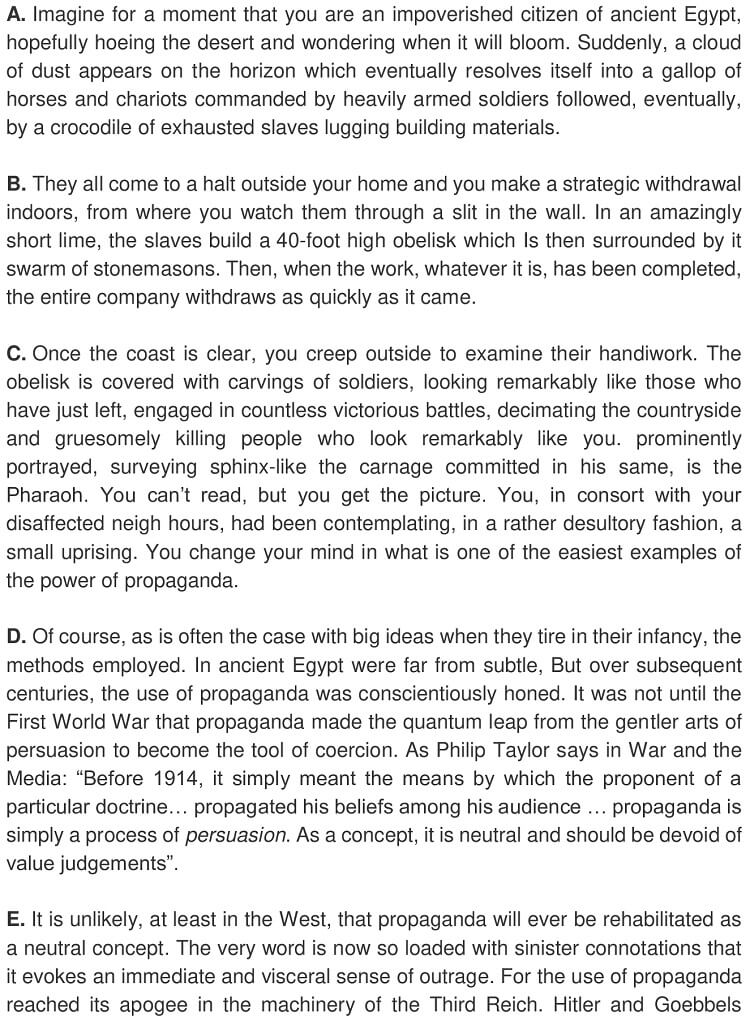
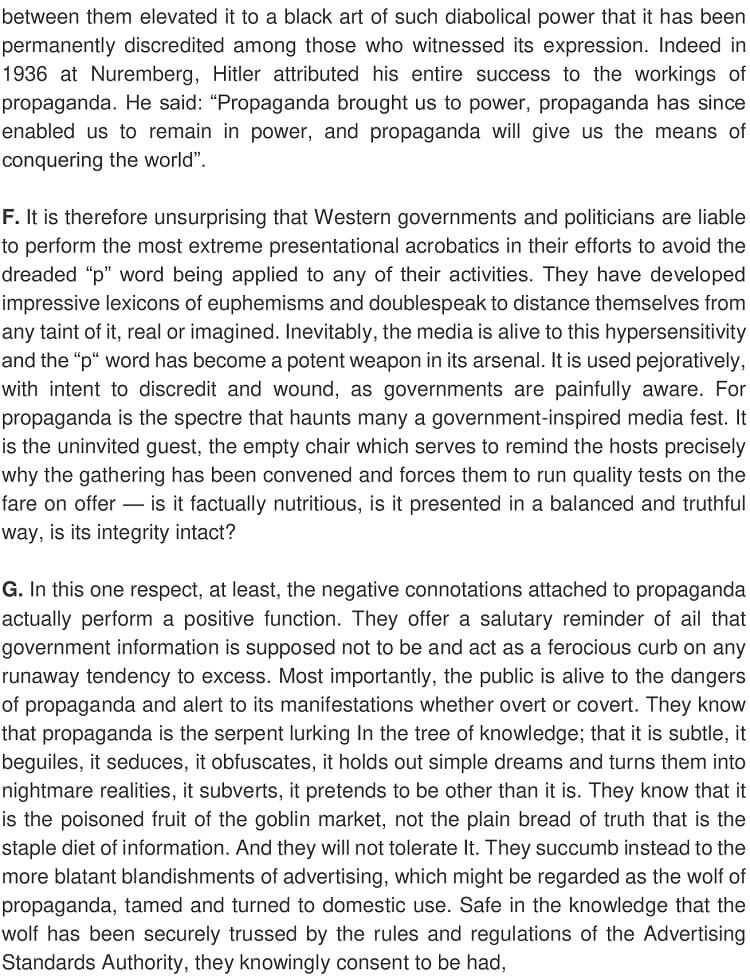
Questions 1-10
Complete the text below, which is a summary of paragraphs. Choose a suitable word from the text for each blank.
Write your answers in Blank spaces 1-10 on your answer sheet.
You may use any word more than once.
| Example: propaganda – the good, the bad and the____________.
Answer: ugly. |
| _____1______ that you are a poor_________2______ living in ancient Egypt, when a band of soldiers accompanied by a________3_____ of slaves carrying building materials appears on the scene. While you are inside your house, the slaves erect an __________4_____ and the whole company disappears. The_________5______ features figures like those soldiers who have just left engaged in victorious battles and, in a prominent position, the figure of the sphinx-like_____6________. After briefly considering an_________7_____ , you and the other inhabitants change your___________8______ In what is one of the earliest Instances of the power of______ 9______ , albeit a not very _______ 10____ one. |
Questions 11-14
11 According to Philip Taylor, propaganda …
A is needed to propagate people’s beliefs
B was a tool of coercion before 1914
C has always been a neutral force
D was merely a process of persuading people to do things prior to 1914
12 According to Philip Taylor, propaganda …
A is not a neutral concept
B is value loaded up until 1914
C is ti neutral concept
D was a neutral concept up until 1914
13 Politicians in the West …
A will do anything to avoid using the word propaganda
B like using the word propaganda in the media
C do not dread the “p” word
D are consummate acrobats
14 The public …
A are happy to be deceived by advertisers
B are deceived by advertisers
C are not deceived by advertisers
D respect the advertisers
Reading Passage 2
The Pursuit of Knowledge
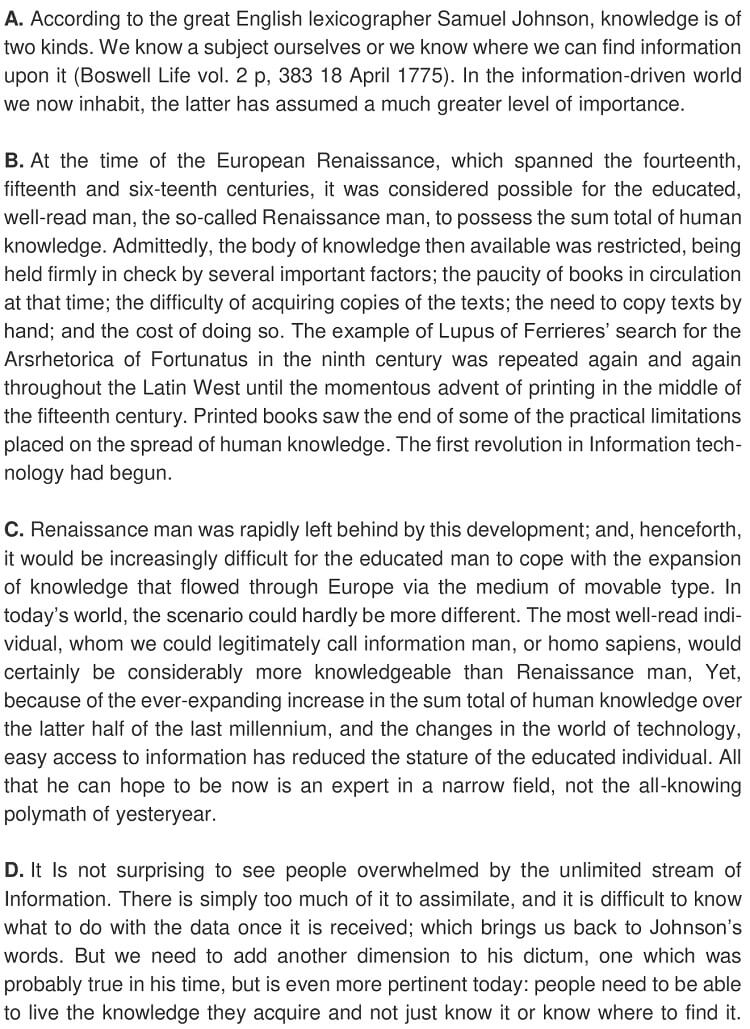
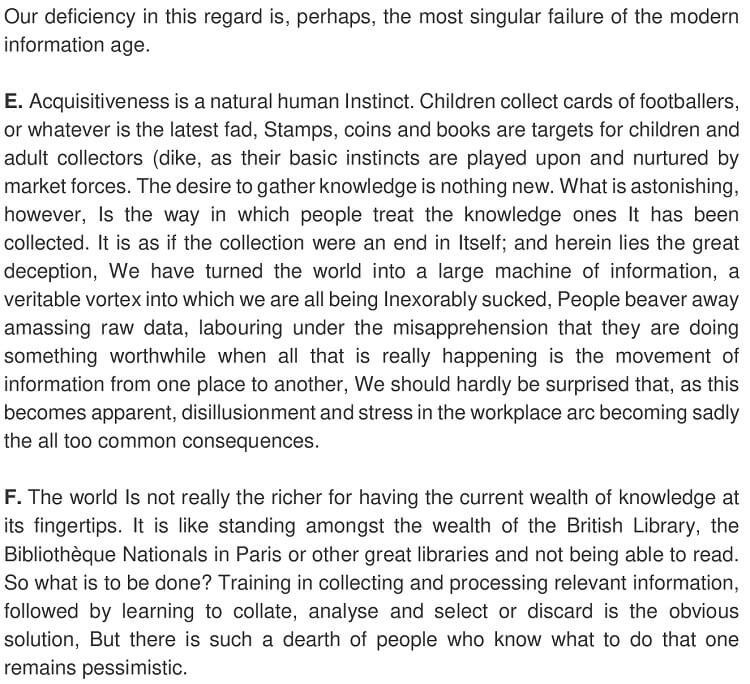
Questions 15-21
Complete the sentences below. Use NO MORE THAN FOUR WORDS from the passage to complete each blank space.
Write your answers in Blank spaces next to 15-21 on your answer sheet.
15 Samuel Johnson was an___________________ .
16 Renaissance man supposedly possessed all__________________.
17 The spread of knowledge changed with the all important___________________ .
18 According to the writer, today’s information man knows more than_______________ .
19 The standing of the modern educated man has been diminished by _________________.
20 The polymath of the Renaissance is described as_______________________ .
21 In today’s world, people are weighed down by the endless__________________.
Questions 22-25
Answer the questions below. Use NO MORE THAN FOUR WORDS from the passage for each answer.
Write your answers next to 22-25 on your answer sheet.
22 How does the writer describe people’s inability in the modern world to use the knowledge that they obtain?
23 What is the desire to collect things described as?
24 According to the author, what has the world turned into?
25 What are the consequences in the workplace of moving large amounts of raw data around?
Questions 26-28
Do the statements below agree with the information in Reading Passage 1?
In Boxes 26-28, write:
YES, if the statement agrees with the information in the passage
NO, if the statement contradicts the information in the passage
NOT GIVEN, if there is no information about the statement in the passage
| Example: The European Renaissance spanned the 14th, 15th and 16th centuries.
Answer: Yes. |
26 As the world has a wealth of knowledge within easy reach, it is now richer,
27 Knowledge processing courses will soon be obligatory for all library workers.
28 The author believes that the pursuit of knowledge is worthwhile.
Want to discuss your IELTS queries with the best experts for FREE?
All you have to do is book your session now!
Reading Passage 3
The Leap into History
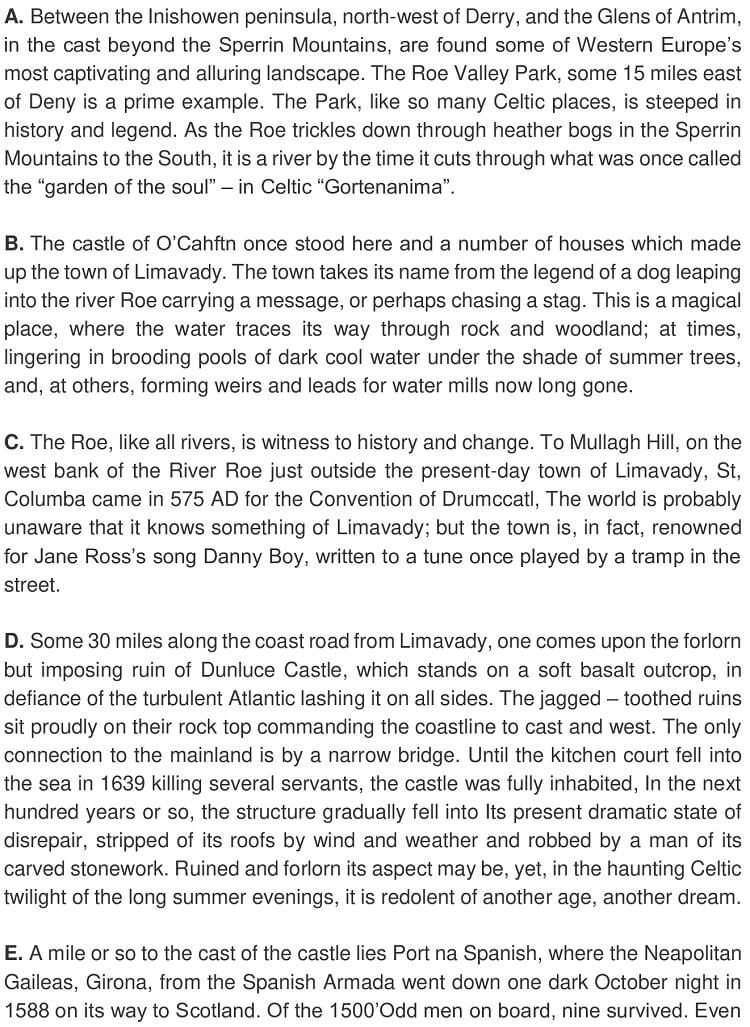
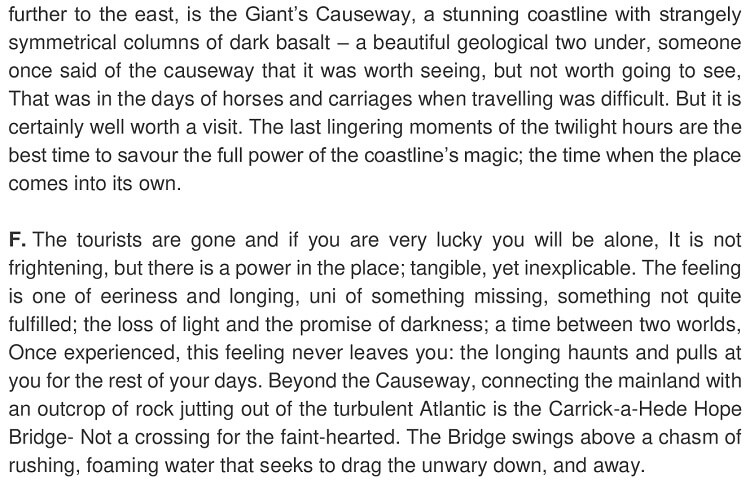
Questions 29-33
Choose one phrase (A-E) from the list of places to label the map below. Write the appropriate letters (A-i) in Boxes 29-33 on your answer sheet.
List of places
A The Sperrin Mountains
B Dunluce Castle
C Inishowen
D The Glens of Antrim
E Limavady
Questions 34-37
YES, if the statement agrees with the information in the passage
NO, if the statement contradicts the information in the passage
NOT GIVEN, if there is no information about the statement in the passage
| Example: Inishowen is in the north-west of Ireland. Answer: Yes. |
34 After 1639 the castle of Dunluce was not completely uninhabited.
35 For the author, Dunluce castle evokes another period of history.
36 There were more than 1500 men on the Girona when it went down.
37 The writer believes that the Giant’s Causeway is worth going to visit.
Questions 38-40
38 The writer feels that the Giant’s Causeway is …
A an unsettling place
B relaxing place
C a boring place
D a place that helps one unwind
39 Where was this passage taken from?
A the news section of a newspaper
B A travel section in a newspaper
C a biography
D an academic journal on geography
40 Which of the following would be a good title for the passage?
A The Roe Valley Park
B The Giant’s Causeway
C Going Hast to West
D A leap into history
Answers with Location and Explanation for Propaganda: The Good, The Bad And The Ugly, The Pursuit Of Knowledge, The Leap into History – IELTS Reading Answers
Compare your answers to the answer key provided and formulate customized study plans using the feedback from this IELTS Reading practice test.
Unlock Answer
Propaganda – The Good, The Bad And The Ugly Reading Answers (Passage 1)
| 1. | Imagine |
| 2. | Citizen |
| 3. | Crocodile |
| 4. | Obelisk |
| 5. | Obelisk |
| 6. | Pharaoh |
| 7. | Uprising |
| 8. | Mind/minds |
| 9. | Propaganda |
| 10. | Subtle |
| 11. | D |
| 12. | D |
| 13. | A |
| 14. | B |
The Pursuit Of Knowledge Reading Answers (Passage 2)
| 15. | English lexicographer |
| 16. | (of) human knowledge |
| 17. | Advert of printing |
| 18. | Renaissance man |
| 19. | Easy access to information/easily accessible information/easy information access |
| 20. | All-knowing |
| 21. | Stream of information |
| 22. | The most singular failure |
| 23. | A natural human instinct |
| 24. | A vortex/ a veritable vortex/ a large information machine |
| 25. | Disillusionment and stress |
| 26. | No |
| 27. | Not given |
| 28. | No |
The Leap into History Reading Answers (Passage 3)
| 29. | C |
| 30. | E |
| 31. | B |
| 32. | D |
| 33. | A |
| 34. | Not Given |
| 35. | Yes |
| 36. | Yes |
| 37 | Yes |
| 38. | A |
| 39. | B |
| 40. | D |
To conclude, since you have gone through the answers for Propaganda: The Good, The Bad And The Ugly, The Pursuit Of Knowledge, The Leap into History - Reading Answers, they will help you to comprehend the reasoning behind each solution. So, to increase your confidence, accuracy, and your IELTS band score, keep practicing similar IELTS reading passages.
Useful Links:
Practice IELTS Reading based on question types

Start Preparing for IELTS: Get Your 10-Day Study Plan Today!
Explore other Reading Practice Tests

Kasturika Samanta

Kasturika Samanta
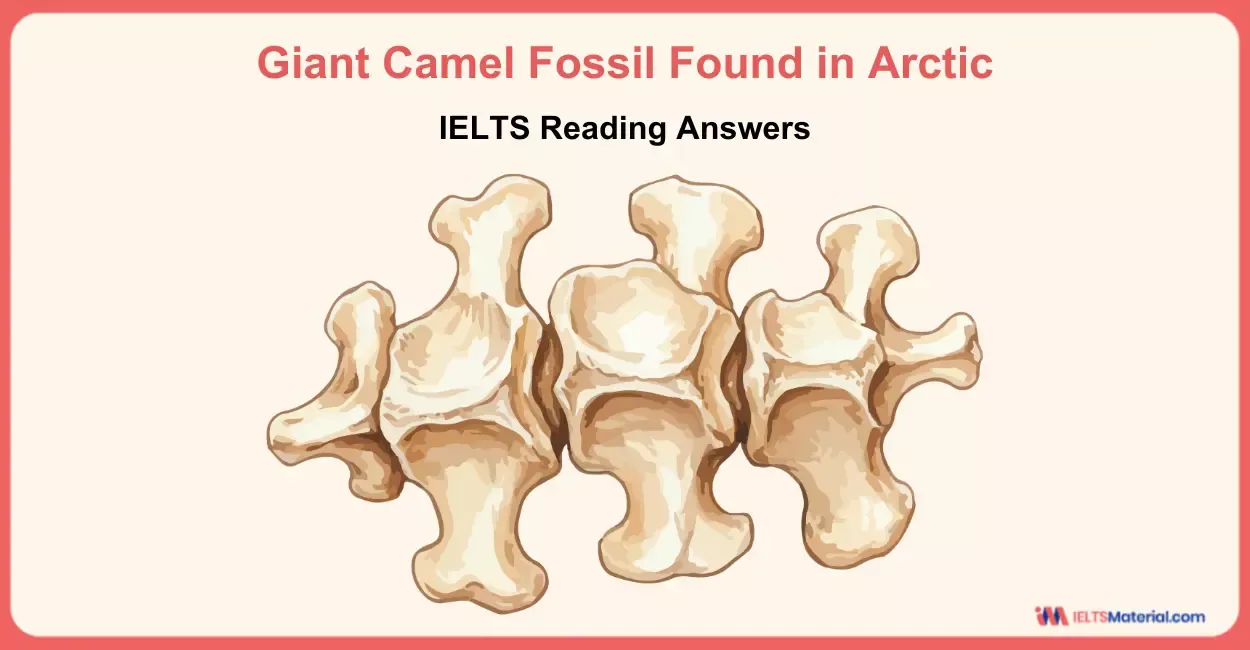
Nehasri Ravishenbagam
Recent Articles

Nehasri Ravishenbagam

Haniya Yashfeen

Haniya Yashfeen

Haniya Yashfeen
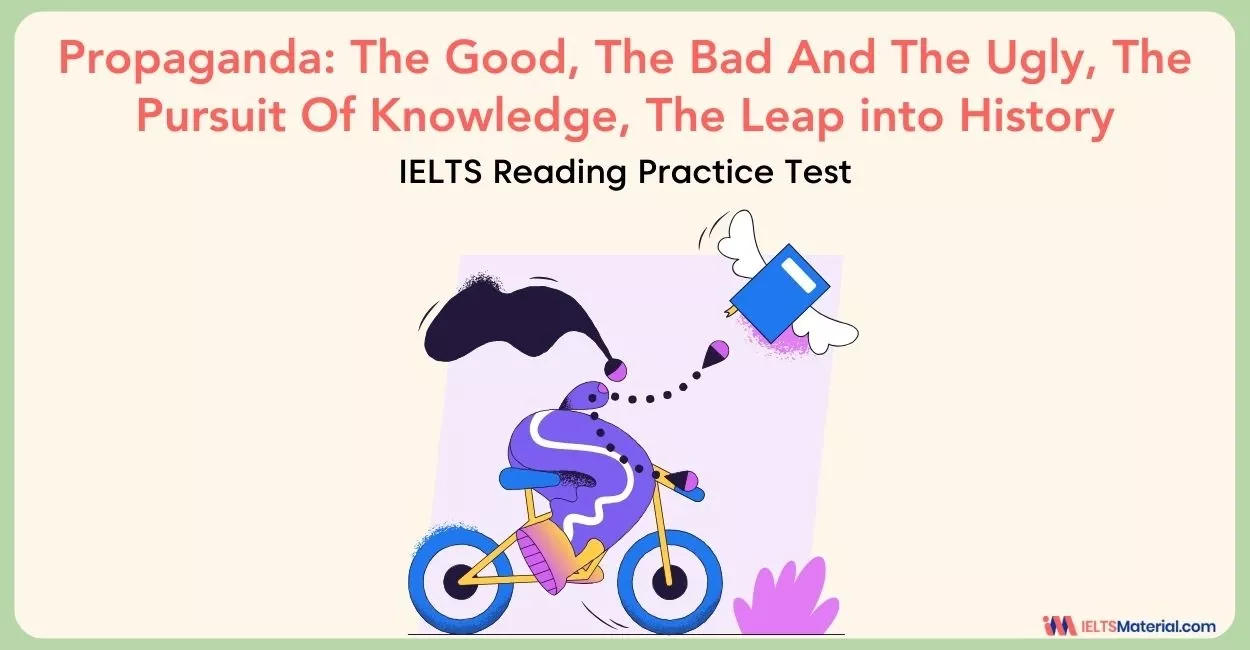

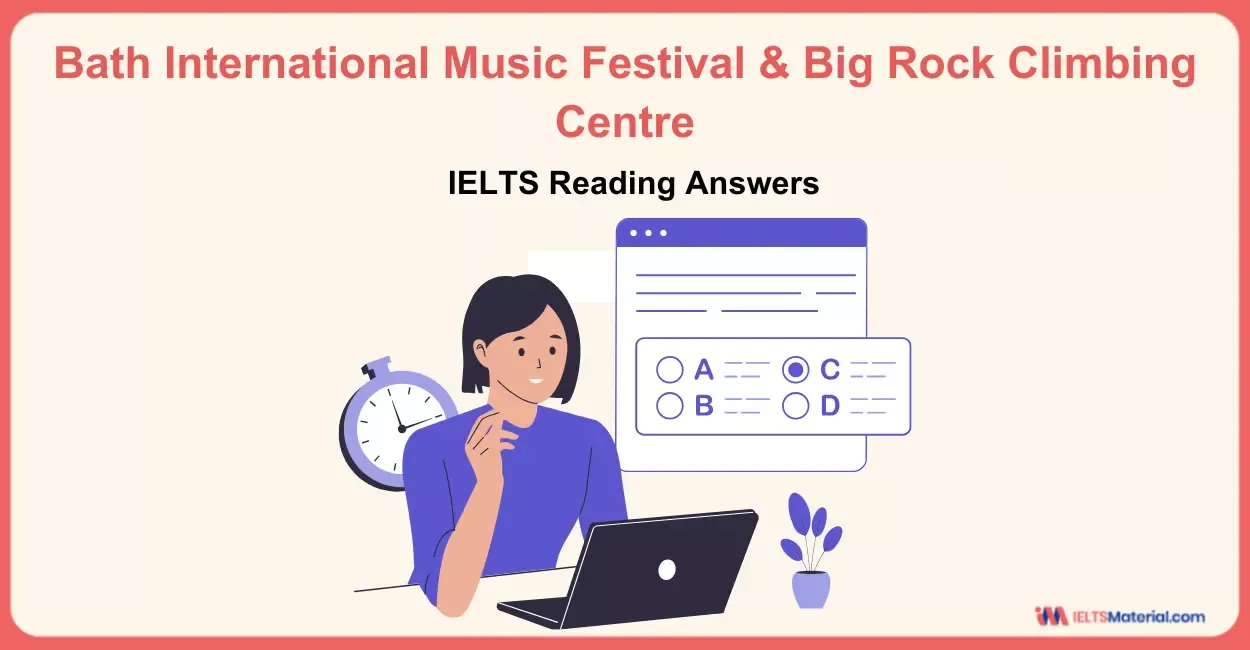


Post your Comments
5 Comments